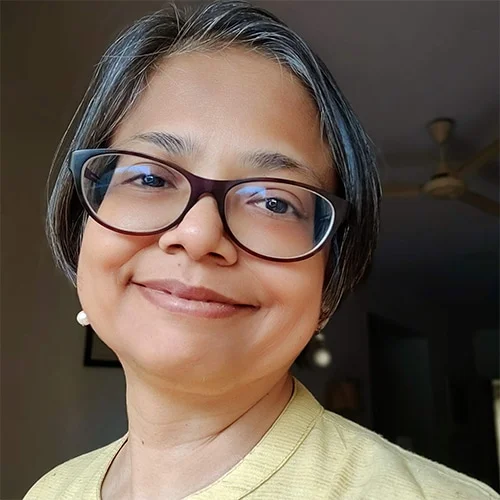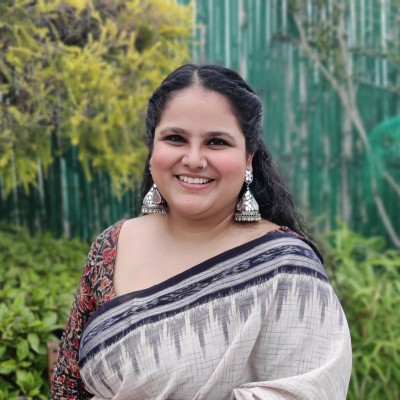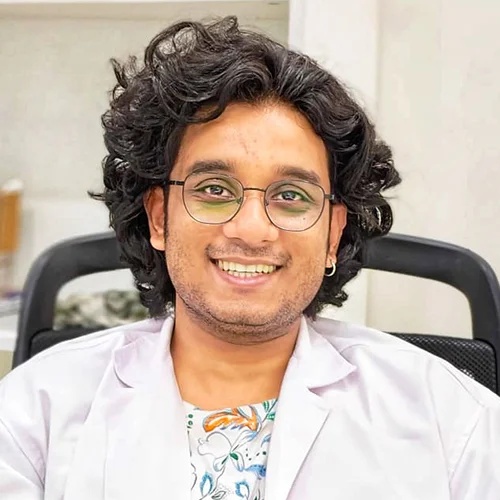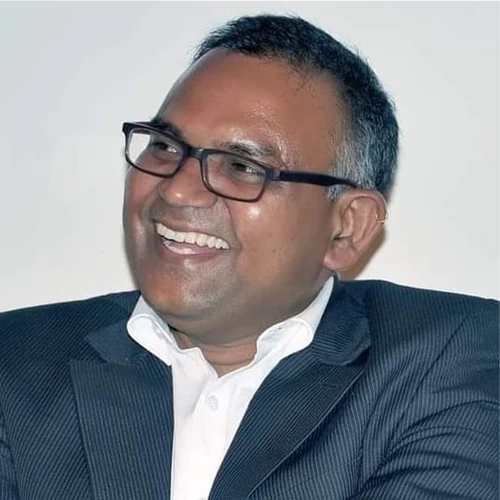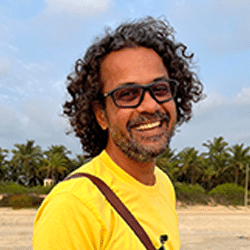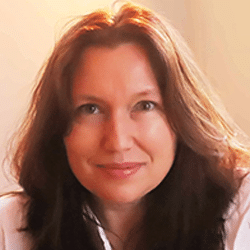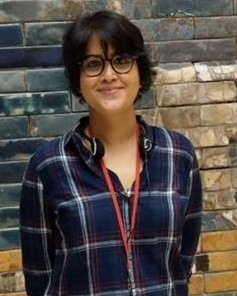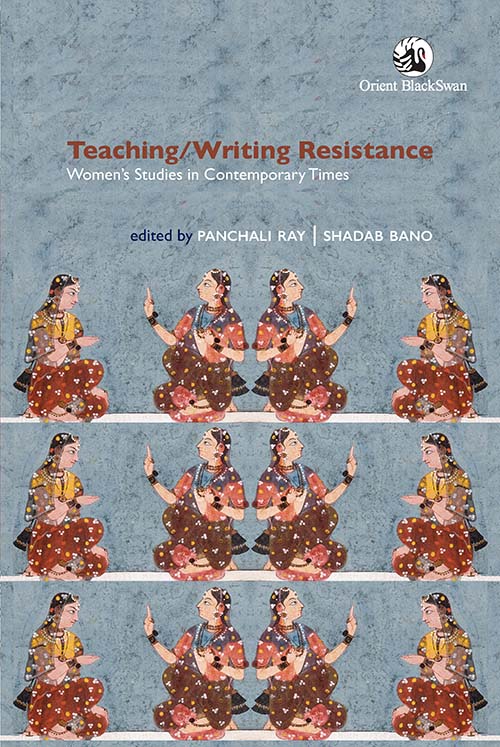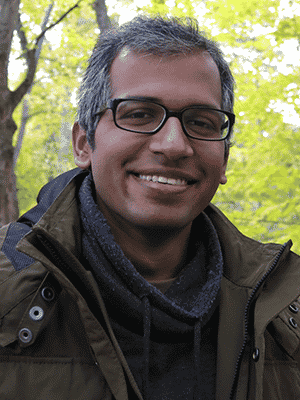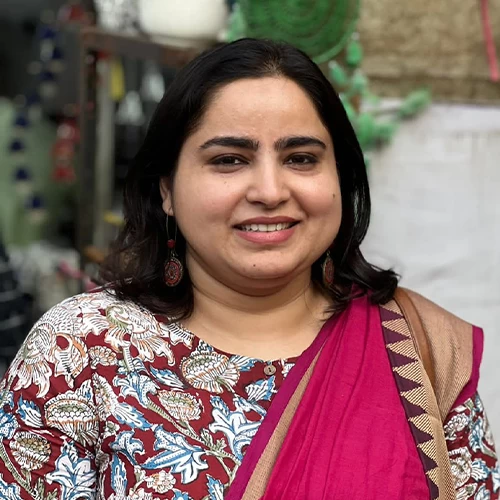Dr Anannya Dasgupta, Director, Centre for Writing & Pedagogy (CWP) at Krea University and Associate Professor of Literature, SIAS, facilitates a workshop titled Writing to Show off Reading, taking place on 21 June, 2024 at Sunnyside, Palavakkam, Chennai. This workshop is curated for children in middle school and above, to help them learn how reading can improve their writing. Through close reading exercises, they will practice writing that shows their understanding of what they read. By working on both reading and writing skills, children will become better readers and more expressive writers.
For details, click here.
